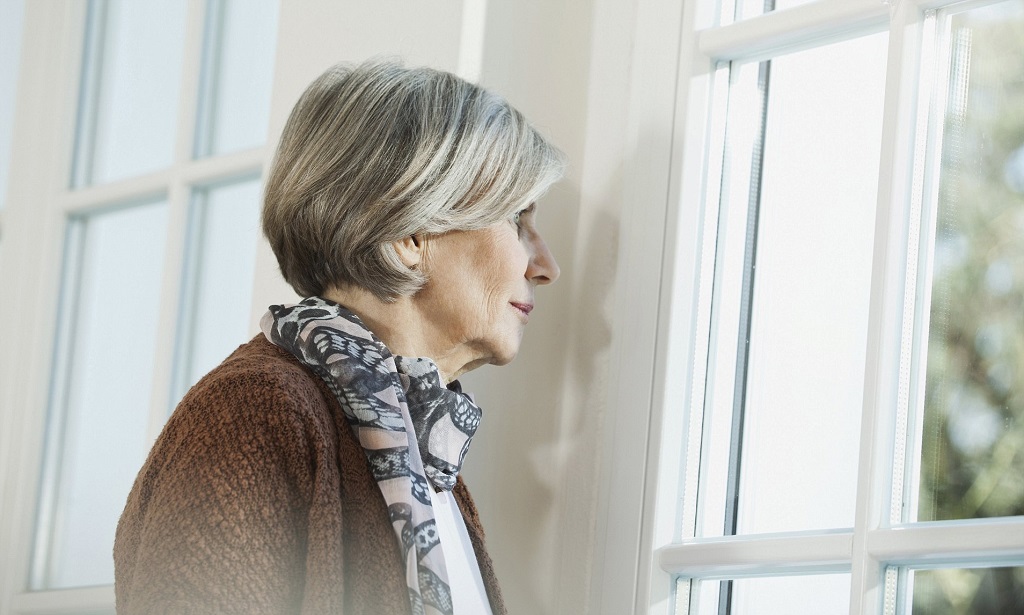
22 Dec Not all older people are grandparents
One of the many consequences of there being more people aging without children is that more and more people are not, and never will be grandparents. 1 in 5 people over 50 have no children and therefore of course no grandchildren. In addition, there are many more older people who do have children but those children will never be parents, and therefore who will also not be grandparents.
It’s a default assumption in our society that older people are grandparents. The words “gran” “grandparent” “grandmother/father” are routinely used to describe older people whether or not they actually are grandparents. We wouldn’t use the term mother/father/parent to describe those without children but it seems acceptable to cloak all older people as grandparents.
If you wanted to have children but couldn’t, coming to terms with that grief can be very hard especially when friends and other family become parents. That grief resurfaces when contemporaries who had children start to become grandparents.
“I felt excluded because I wasn’t a mum and now I feel excluded because I don’t have grandchildren”
“my friends constantly talk about their grandchildren, it gets very wearing”
“Facebook seems to be full of grandparents talking about their grandchildren”
“Everyone assumes I have grandchildren. It’s upsetting to keep saying I don’t especially when the first reaction is ‘oh poor you’ “
However, it’s also hard for older people who do have children who are not parents through choice or circumstance. In my own family, until my sister had a child, I know how difficult it was for my own father at family gatherings when all his sibling’s grandchildren were running about and he was constantly asked when one of us was going to have a child.
Grandchildren are often used as a default way of connecting with other older people, and just as people often don’t know what to say when someone says they don’t have children, so responses to not being a grandparent can be equally as unhelpful. Along with “oh poor you”, other common ones are “oh I’m sure it will happen” (not thinking that the person child may be unable to have children at all) or “I’m sure they will get round to it soon” (not thinking that their child may have made a deliberate choice never to have children) or “hahaha you can have some of mine” (highlighting that they have loads whereas you have none at all)
“We were doing family trees at the club and everyone was asked to bring in photos of their grandchildren. It was really upsetting to see everyone else’s family tree carry on where mine just stopped”
A feeling of having no legacy and no one to pass things onto can be very difficult to deal with.
One of the other results of not being a grandparent reported by people aging without children is a feeling of being cut off from future generations.
“I do feel jealous when I hear my friends talking about all the technology they learn from their grandchildren. I have no one to teach me”
“I miss having contact with young people. I’d like to volunteer to work with children but then I worry people would think I was weird because I have no children of my own”
“I have a horror of only ever talking to other old people. It’s the young that keep you young!”
One of the reasons AWOC wants to set up local groups is so that people aging without children can come together and share their feelings about issues like this with other people who understand. If you work with older people, please try and remember that not all of them will be grandparents and that this may be a source of grief to them. Just as not all people are parents, not all older people are grandparents.



Sorry, the comment form is closed at this time.